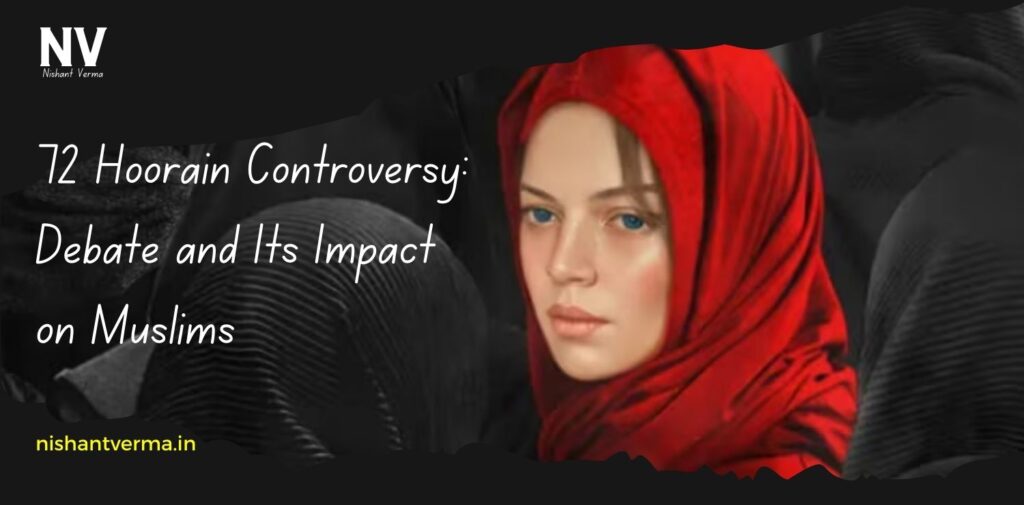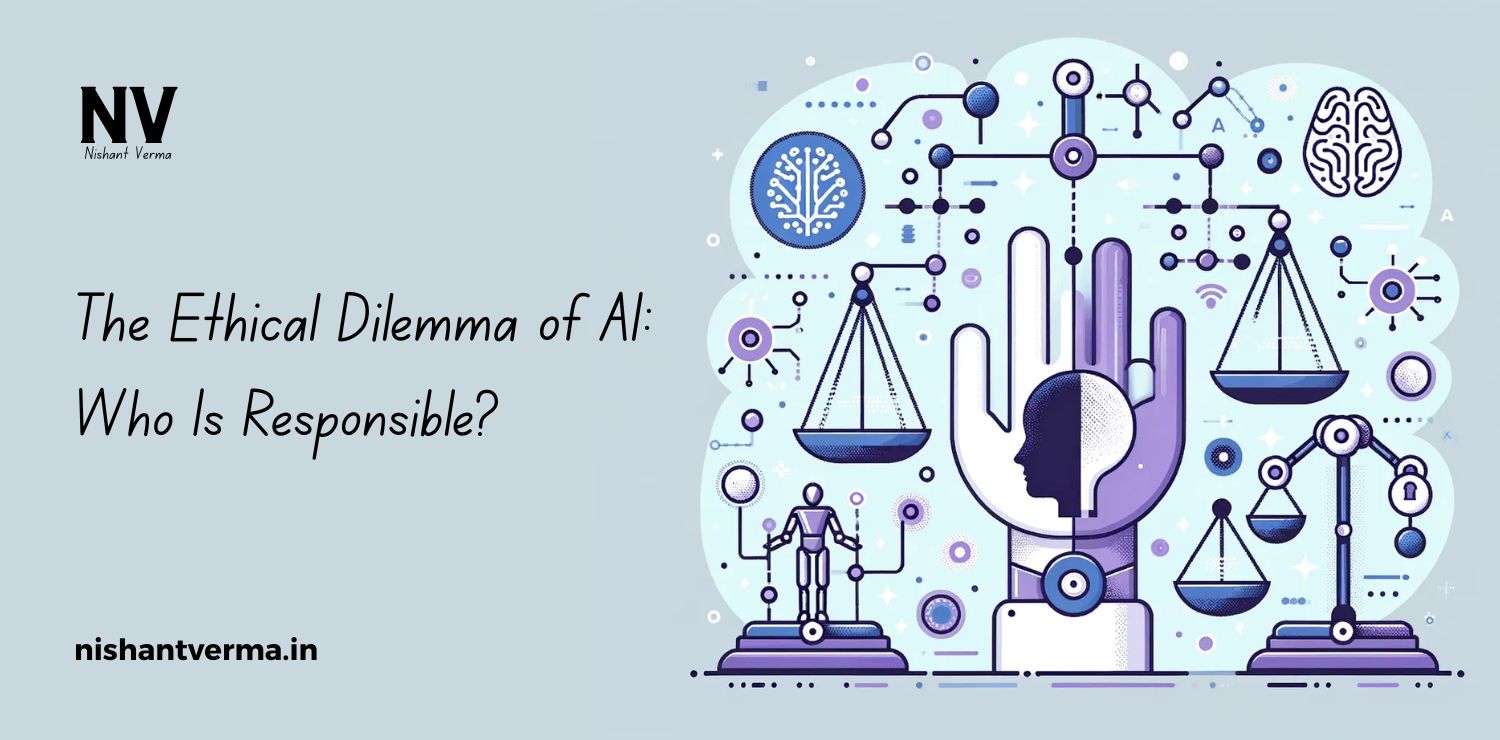In recent years, a topic that has sparked heated debates among Muslims and non-Muslims alike is the concept of “72 Hoorain” in Islam. This idea, linked to the rewards of Jannah (paradise) mentioned in some Islamic traditions, has gained considerable attention in the media, especially in connection with films, books, and public discussions. But what exactly is the “72 Hoorain” controversy, and why do some Maulanas (Islamic clerics) use it to influence the beliefs of Muslims? Let’s delve into this topic in detail to understand both the theological aspects and the social dynamics that surround it.
What Are 72 Hoorain?
The term “Hoorain” refers to heavenly beings mentioned in the Qur’an and Hadiths, often translated as “pure companions” or “fair women” of paradise. The concept originates from Islamic texts describing the pleasures and rewards awaiting believers in Jannah. According to some interpretations, these Hoorain are described as being extremely beautiful, with physical attributes and qualities far beyond human comprehension. They are often depicted as the companions of male martyrs, who are promised these heavenly rewards for their sacrifices in the path of Islam.
The number 72, however, does not appear explicitly in the Qur’an. Instead, it is derived from certain Hadiths (sayings and actions of the Prophet Muhammad) and later interpretations by Islamic scholars. The most popular Hadith narrations that mention the 72 Hoorain suggest that a martyr in Jannah would be rewarded with the company of 72 such women. The specific number is often taken to symbolize the immense rewards that await those who sacrifice their lives in the way of Allah.
However, it is crucial to note that this number, along with the description of Hoorain, has been a point of theological contention within Islam. Some scholars and critics argue that these descriptions are metaphorical or exaggerated, emphasizing the spiritual rewards of paradise rather than focusing on materialistic or sensual rewards.

The Controversy Surrounding 72 Hoorain
The controversy surrounding the “72 Hoorain” concept stems from several key factors:
- Literal vs. Metaphorical Interpretations: Many Muslims argue that the descriptions of Hoorain and the number 72 should be taken metaphorically. They suggest that the real rewards of Jannah are spiritual in nature, such as peace, contentment, closeness to Allah, and eternal happiness. However, some radical elements within the Muslim community emphasize the literal interpretation, promoting the idea that martyrdom will lead to sexual pleasure in paradise.
- Misuse by Extremist Groups: Certain extremist and radical groups have exploited the 72 Hoorain narrative to encourage young men to join jihad (holy war) and martyr themselves, promising them paradise filled with 72 virgins. This exploitation has sparked significant concerns, especially as it may lead to the radicalization of vulnerable individuals who are promised both spiritual rewards and sensual pleasures in the afterlife. Such interpretations ignore the deeper spiritual messages of Islam and focus purely on physical gratification.
- Films and Media Representation: The topic of 72 Hoorain has also been sensationalized in the media and in popular culture. Movies and documentaries that portray these ideas often focus on the notion of paradise as a physical reward rather than a spiritual one. This portrayal can distort the true meaning of Islamic teachings, turning the conversation into a controversy rather than a nuanced theological discussion.
- Theological Debates: Scholars within Islam have also been divided over the authenticity and meaning of the Hadiths that mention the 72 Hoorain. While some see them as authentic and part of the divine promise to martyrs, others argue that these narrations are weak, misinterpreted, or taken out of context. Some believe that the Hadiths were meant to emphasize the grandeur of paradise and should not be interpreted as offering mere sexual rewards.

Why Do Maulanas (Islamic Clerics) Use 72 Hoorain to Mislead People?
The use of the 72 Hoorain concept by some Maulanas and Islamic clerics to influence Muslims is a controversial aspect of the broader discussion. While many clerics emphasize the moral, spiritual, and ethical teachings of Islam, others may use the idea of rewards in paradise—particularly the notion of Hoorain—to manipulate their audience.
Here are a few reasons why some Maulanas might promote this idea:
- Simplified Narrative for Recruitment: In regions where extremists seek to recruit individuals for violent causes, the promise of 72 Hoorain serves as a simple and alluring reward. The promise of paradise filled with beautiful, eternal companions can appeal to young men and women, particularly in societies where religious sentiments are high. This oversimplification of the afterlife can be a powerful tool for radicalizing and recruiting followers, especially when linked with the glorification of martyrdom.
- Exploiting Vulnerabilities: In many conservative or impoverished communities, young people may feel disillusioned with their present lives. Extremist groups and clerics may prey on these vulnerabilities by offering them an easy solution: die in the path of Allah, and you will be rewarded with eternal bliss, including 72 virgins. For many, this becomes a powerful motivator, pushing them to take extreme actions without fully understanding the broader implications of their faith.
- Misinterpretation of Texts: Some Maulanas, whether intentionally or unintentionally, may misinterpret or oversimplify Islamic texts to suit their agendas. They may focus on the more literal interpretations of paradise, emphasizing rewards like 72 Hoorain, while ignoring the deeper spiritual dimensions of Islam. This selective teaching may mislead Muslims into thinking that the primary goal of faith is achieving sensual pleasures in paradise, rather than attaining closeness to Allah and living a righteous life.
- Political and Social Control: In some cases, clerics may use the promise of 72 Hoorain to maintain political or social control within their communities. By promoting the idea of martyrdom and emphasizing the rewards of paradise, they can maintain power over their followers, encouraging them to stay loyal to a particular religious or political cause. This creates a dynamic where religious leaders hold significant influence over the lives of their followers, especially in times of political instability or conflict.

The Need for Reform in Understanding the Afterlife
The 72 Hoorain controversy underscores the importance of a more balanced, nuanced, and informed understanding of Islamic teachings. Instead of focusing on the literal interpretation of paradise as a reward for physical acts like martyrdom, Muslims must return to the core values of Islam, which emphasize moral righteousness, compassion, charity, and the pursuit of knowledge.
Scholars and Maulanas have a responsibility to help their communities understand that the ultimate reward in Jannah is not based on material pleasures, but on spiritual elevation and closeness to Allah. The Qur’an repeatedly emphasizes that the true reward in paradise is the pleasure of Allah, and it is important to understand that the descriptions of Hoorain and rewards in Jannah are meant to symbolize the unimaginable beauty and joy that awaits the righteous in the afterlife.
Conclusion
The 72 Hoorain controversy reveals the complexity of Islamic theology and the potential for misunderstanding or misuse of religious texts. While the promise of rewards in the afterlife, including the concept of Hoorain, is part of Islamic tradition, it should be understood within a broader spiritual and metaphorical context. The use of such concepts by Maulanas and extremists to mislead Muslims highlights the need for better education and a more nuanced interpretation of Islamic teachings. Ultimately, the focus should be on living a life of righteousness, moral integrity, and devotion to Allah, rather than focusing solely on materialistic rewards in paradise.




